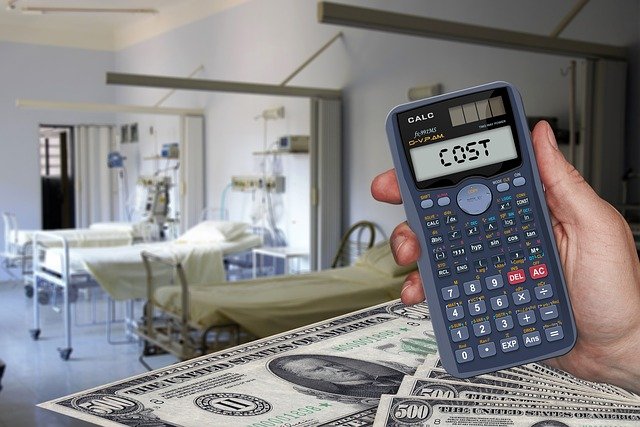Why Rest Doesn’t Always Help: The Truth About Burnout
You can sleep all weekend and still wake up tired. It’s not just physical exhaustion — it’s emotional burnout. Many people think that taking a few days off will fix everything, but real burnout goes deeper than lack of sleep. Experts say it’s a signal from your mind and body that something needs to change. Find out what truly helps you recover — and how to rebuild your energy the right way.

Burnout has become increasingly common in our fast-paced world, yet many people struggle to understand why their usual recovery methods aren’t working. The assumption that rest equals recovery can actually prevent people from addressing the root causes of their exhaustion. True burnout involves emotional, mental, and physical depletion that requires more than just sleep to resolve.
Why Rest Isn’t Always the Cure for Exhaustion
Physical rest addresses only one component of burnout. When someone experiences chronic stress, their nervous system remains in a heightened state of alert even during downtime. This means that lying in bed or taking a vacation might not provide the deep restoration needed. The body continues producing stress hormones, and the mind keeps racing with worries and responsibilities. Additionally, burnout often stems from systemic issues like work overload, lack of control, or misaligned values that persist regardless of how much someone sleeps.
Signs That You’re Mentally Tired
Mental exhaustion manifests differently than physical tiredness and requires careful attention to recognize. Common indicators include difficulty concentrating, feeling emotionally numb or detached, increased irritability over minor issues, and a sense of dread about daily responsibilities. People experiencing mental fatigue often report feeling tired even after adequate sleep, losing interest in activities they once enjoyed, and struggling to make even simple decisions. Physical symptoms may include headaches, changes in appetite, and a weakened immune system that makes them more susceptible to illness.
How to Start Real Recovery — Not Just Rest
Effective recovery from burnout requires a multifaceted approach that addresses underlying causes rather than just symptoms. Setting clear boundaries between work and personal time helps protect mental energy reserves. Engaging in activities that provide genuine fulfillment and meaning can counteract the emptiness that often accompanies burnout. Regular exercise, mindfulness practices, and social connections play crucial roles in nervous system regulation. Creating structure around self-care activities ensures they become priorities rather than afterthoughts. Many people benefit from reassessing their commitments and learning to say no to additional responsibilities during recovery periods.
When to Seek Professional Help for Emotional Exhaustion
Recognizing when professional support is necessary can accelerate recovery and prevent further deterioration. If exhaustion persists despite implementing self-care strategies, or if symptoms interfere significantly with daily functioning, professional guidance becomes essential. Warning signs that indicate the need for therapy include persistent feelings of hopelessness, difficulty maintaining relationships, substance use as a coping mechanism, or thoughts of self-harm. Mental health professionals can provide specialized techniques for managing stress, processing underlying trauma, and developing sustainable coping strategies. They can also help identify whether additional factors like depression or anxiety disorders are contributing to the exhaustion.
| Service Type | Provider | Cost Estimation |
|---|---|---|
| Individual Therapy | BetterHelp | $60-90 per week |
| In-Person Counseling | Local Private Practice | $100-200 per session |
| Employee Assistance Programs | Workplace Benefits | Often free for employees |
| Community Mental Health Centers | Local Government Services | $20-80 sliding scale |
| Online Therapy Platforms | Talkspace | $69-109 per week |
Prices, rates, or cost estimates mentioned in this article are based on the latest available information but may change over time. Independent research is advised before making financial decisions.
Understanding burnout as a complex condition rather than simple tiredness opens the door to more effective recovery strategies. While rest remains important, addressing the emotional and systemic factors that contribute to exhaustion provides a more comprehensive path to healing. Recovery takes time and often requires professional support, but recognizing the limitations of rest alone is the first step toward genuine restoration.
This article is for informational purposes only and should not be considered medical advice. Please consult a qualified healthcare professional for personalized guidance and treatment.




